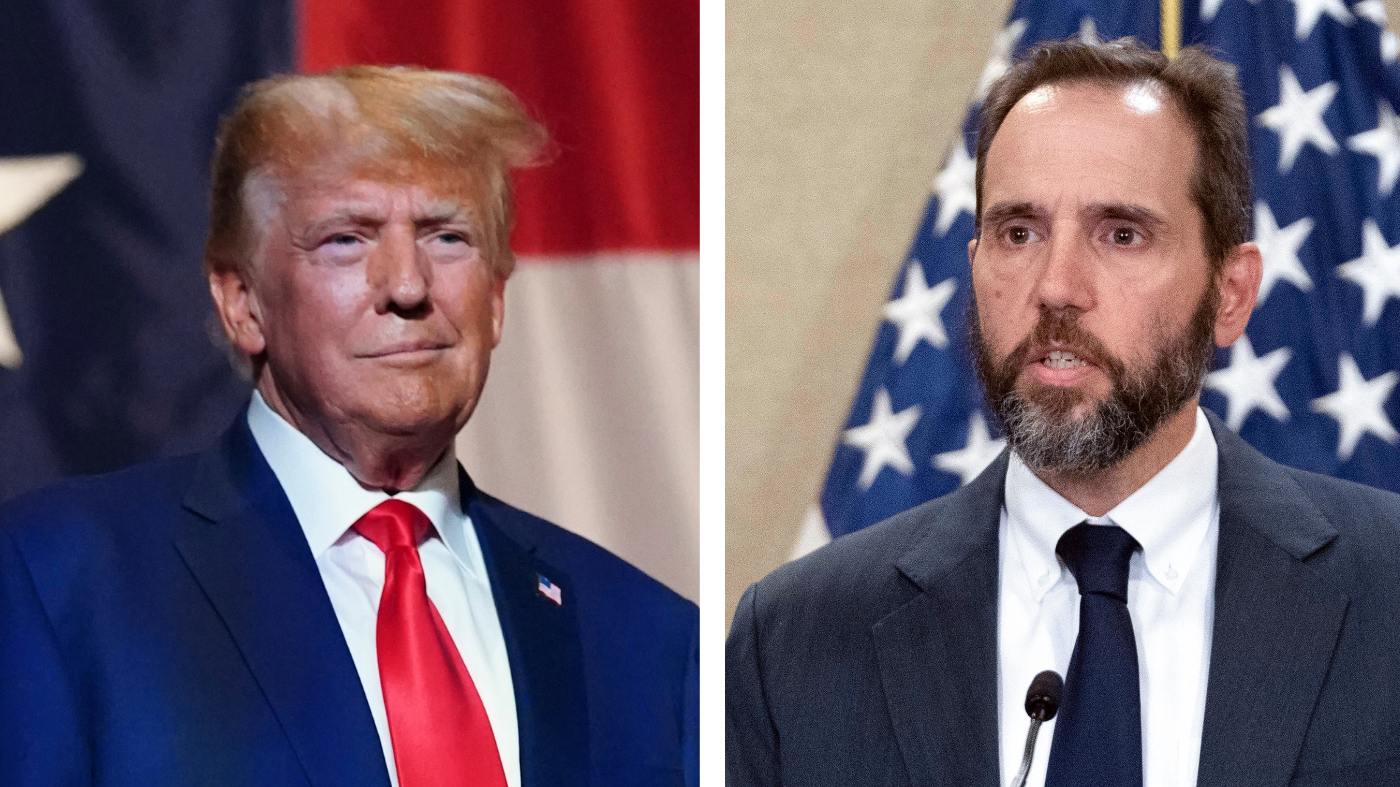There are two possible avenues currently pending where the U.S. Supreme Court could interfere, for better or worse, with the legal fate of former President Donald Trump. Here’s a breakdown of what’s happening.
The first case could affect the outcome of several J6 defendants as well as Trump. In a ruling that might not come until June, SCOTUS will determine and define the scope of a law governing what it means to obstruct an official proceeding, per NBC:
The justices will hear a case brought by defendant Joseph Fischer, who is seeking to dismiss a charge accusing him of obstructing an official proceeding, namely the certification by Congress of President Joe Biden’s election victory, which was disrupted by a mob of Trump supporters.
Two other Jan. 6 defendants, Edward Lang and Garret Miller, brought similar appeals, the outcome of which will be dictated by the Supreme Court’s ruling in Fischer’s case.
Fritz Ulrich, a federal public defender representing Fischer, said he was pleased that the court will clarify the scope of the law in question but had no further comment.
Trump has been charged with the same offense as well as others in his federal election interference case. The court’s decision to take up the issue, as well as the timing of its ultimate ruling, could therefore affect his case.
Lower courts have split on the issue since the provision of obstructing a proceeding was intended to apply to investigations into corporate America:
The provision was enacted in 2002 as part of the Sarbanes-Oxley Act, a bill passed in the aftermath of the Enron accounting scandal. As such, defendants say it was never intended to apply to an incident such as Jan. 6.
In other words, it’s an “anti-shredding” law intended to prevent bad corporate actors from destroying evidence while they’re under investigation for financial crimes by the feds. SCOTUS will have to decide whether the events that occurred on Jan. 6 would somehow meet this definition.
If SCOTUS rules that the J6 defendants are being wrongly charged, this could affect Trump by removing this as an offense he could be charged with as well. As Julie Kelly explains on X, the case could torpedo a hole in many J6 prosecutions, including Trump’s:
HOLY SH*T: Supreme Court will review 1512(c)(2), obstruction of an official proceeding case.
This is felony used against 300+ J6ers and represents half of Jack Smith's indictment against Trump.
If SCOTUS determines DOJ has misused the statute…will be a game changer.
My…
— Julie Kelly ?? (@julie_kelly2) December 13, 2023
Read Kelly’s entire explainer here.
The second case, which has more to do directly with Trump’s standing in charges brought by Special Counsel Jack Smith concerning J6, could end up getting the entire case thrown out, also from NBC:
A federal court on Wednesday granted special counsel Jack Smith’s request for an expedited appeal in the election interference case against former President Donald Trump.
The U.S. Court of Appeals for the District of Columbia Circuit set several deadlines for prosecutors and the defense to file briefs laying out their positions on Trump’s argument that the case should be dismissed on presidential immunity grounds. No date for oral arguments has been set.
The court’s decision to take up the expedited appeal comes after U.S. District Judge Tanya Chutkan, who is presiding over the federal election interference case, ruled that Trump’s presidential immunity claims did not shield him from the charges. Trump appealed that ruling.
Smith has also asked the Supreme Court to quickly step in on the immunity claim. The Supreme Court has asked Trump’s legal team to respond to that request by Dec. 20.
Trump’s first brief with the appeals court is due three days after he is expected to submit his opposition to Smith’s petition to the Supreme Court. The timeline means the Supreme Court could grant or deny Smith’s petition before the appeals court resolves the matter.
This case, if decided in Trump’s favor by SCOTUS, would essentially end all this frivolous litigation from Jack Smith in the DC trial. The question being decided is whether a president possesses full immunity while in office and, therefore, cannot be charged with a federal crime while acting as president. This one is a longshot for Trump, especially with the way SCOTUS has ruled so far on similar matters.
If SCOTUS were to grant that such immunity exists, it would be a sweeping change and one that seems unlikely, even with a court bent in Trump’s direction.
Either case could be big if it ends up being decided in a way advantageous to Trump as it would deal a blow to the government’s clown show effort to prosecute the top political opponent of Joe Biden.
Donate Now to Support Election Central
- Help defend independent journalism
- Directly support this website and our efforts
